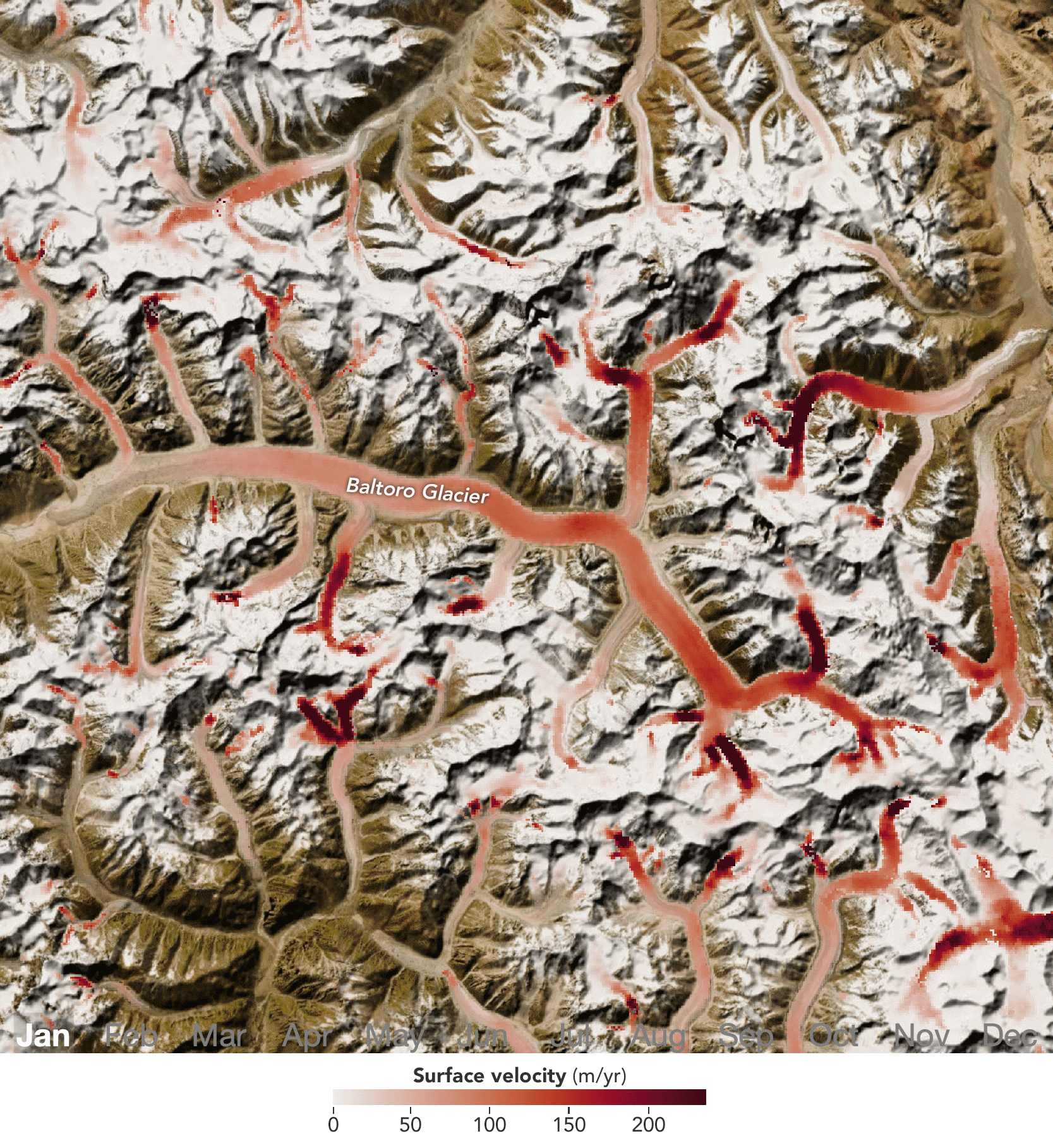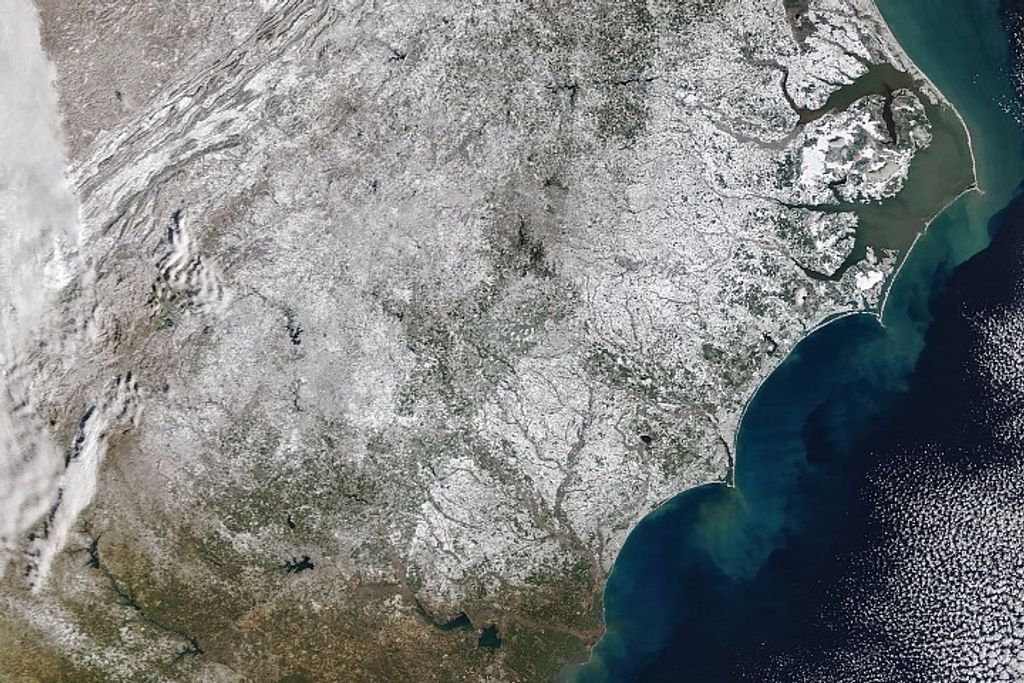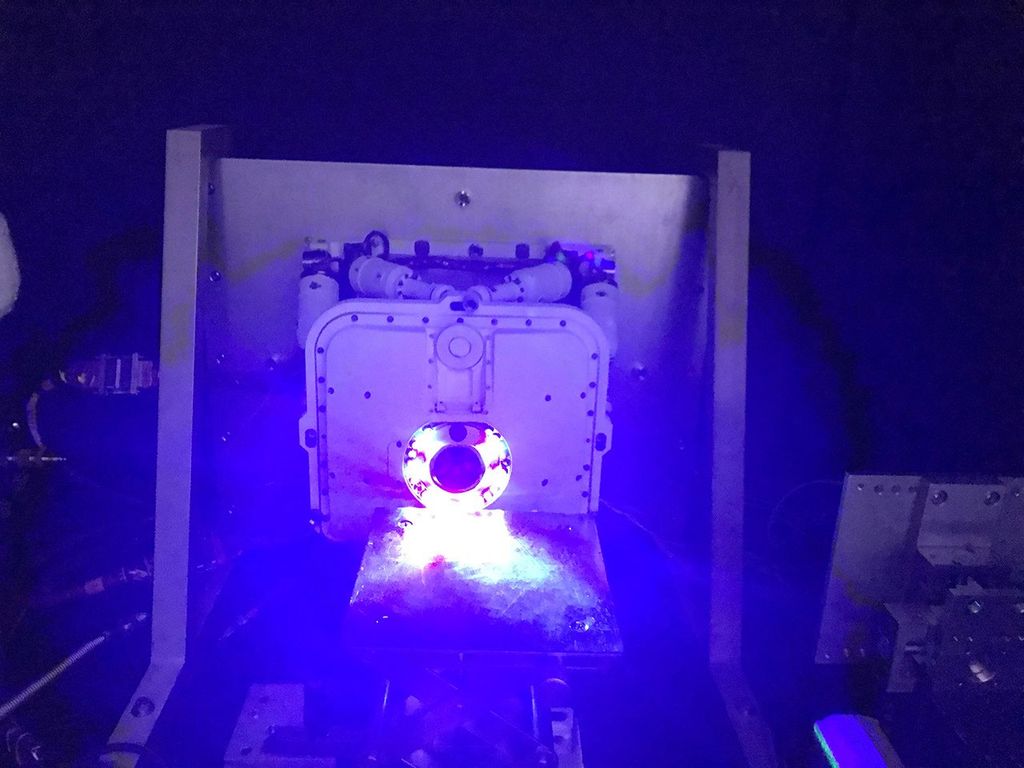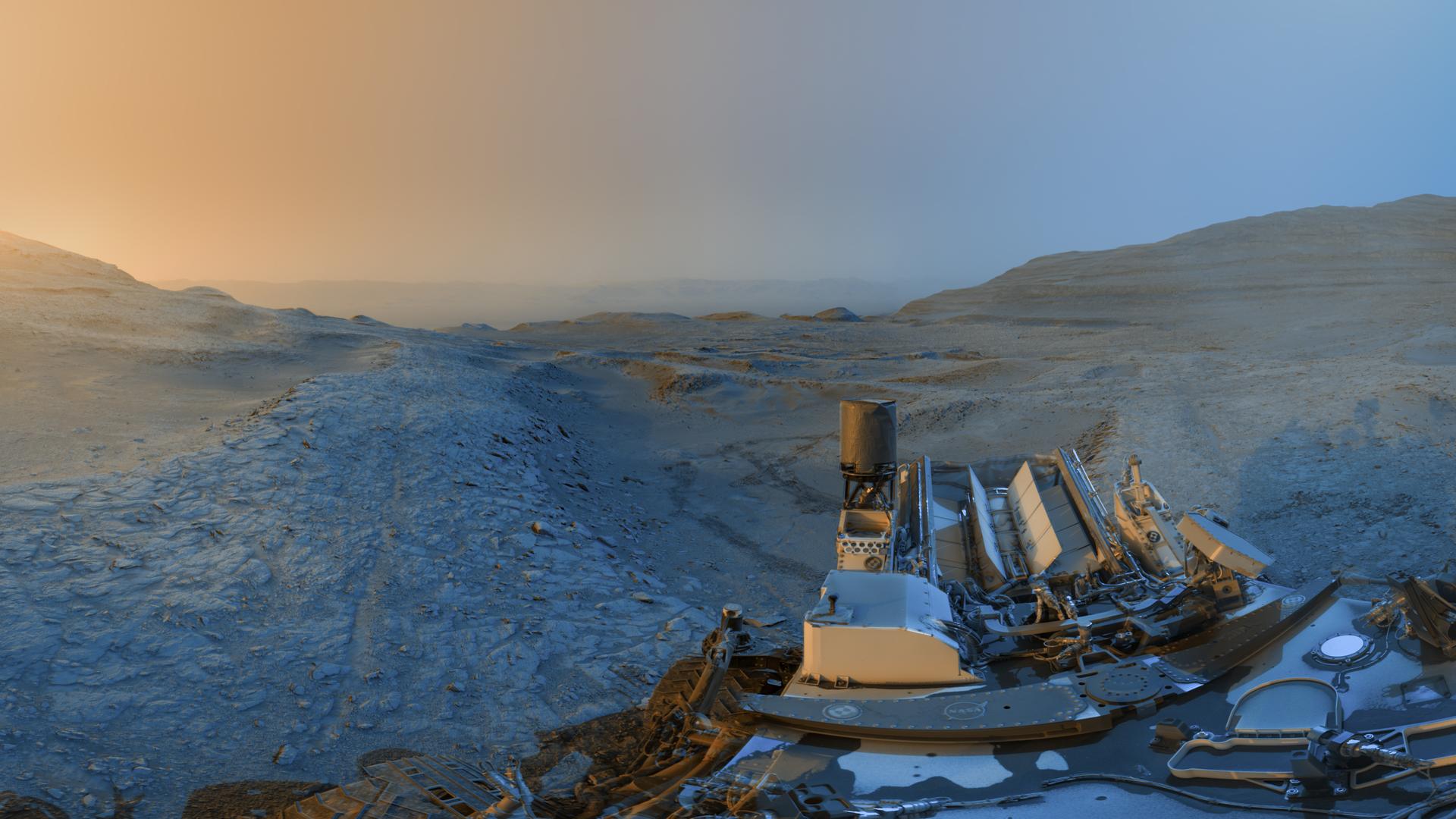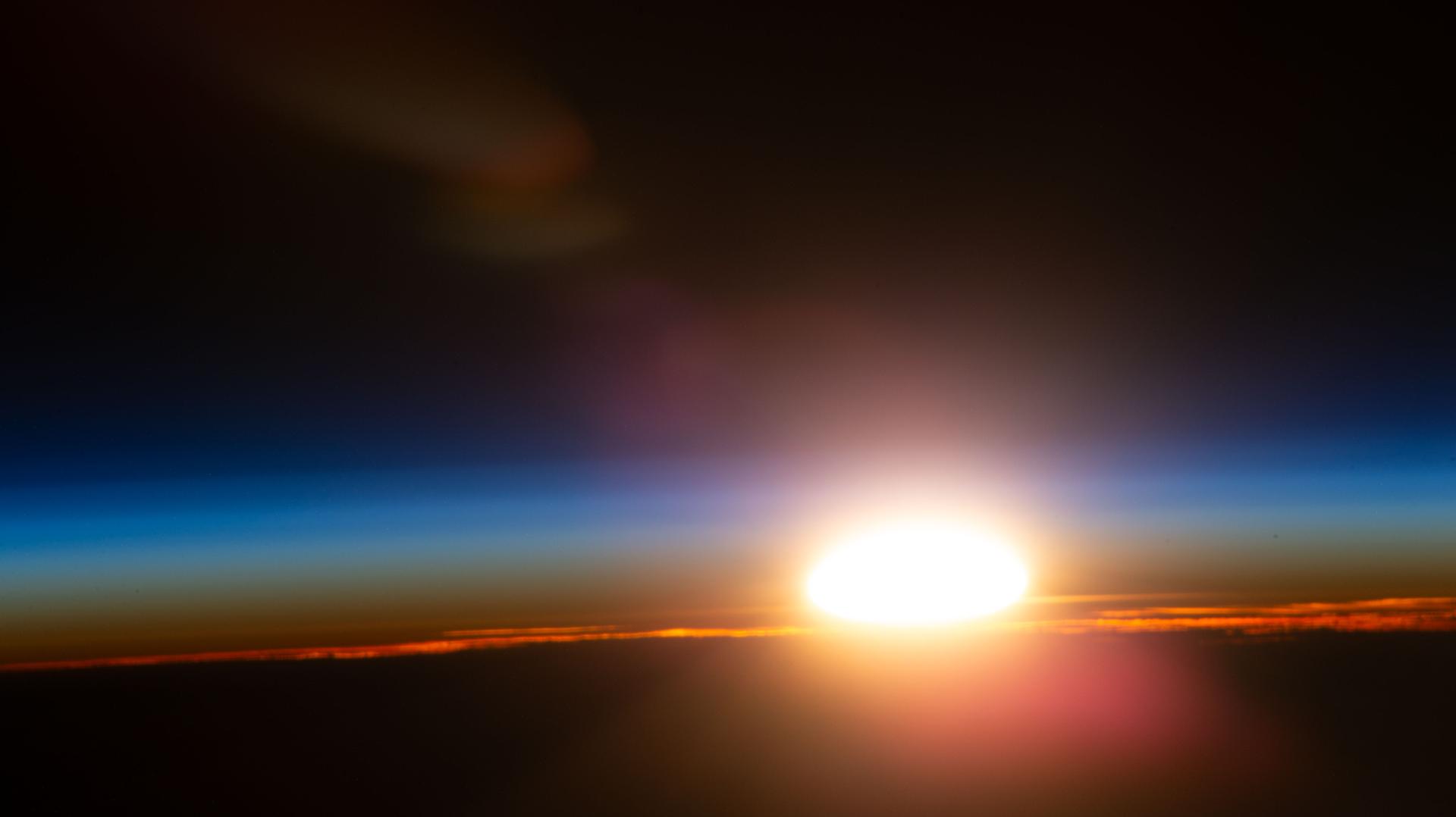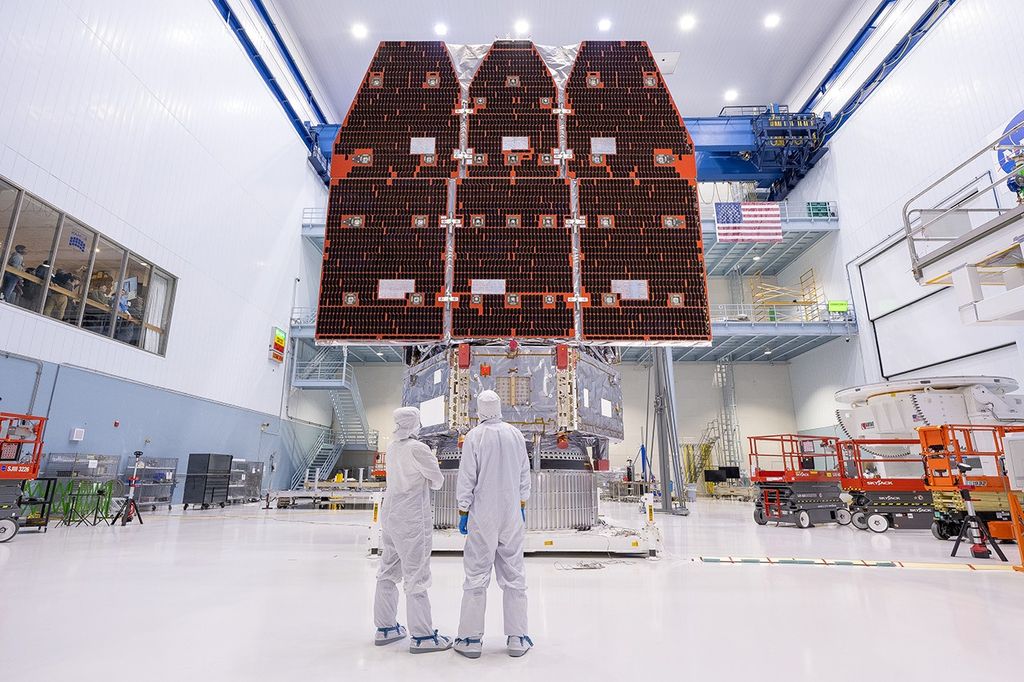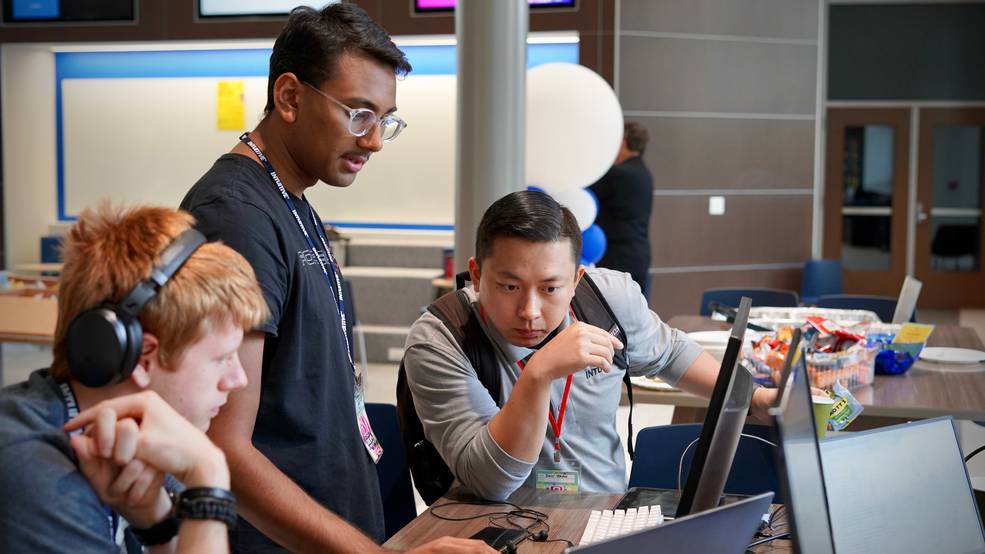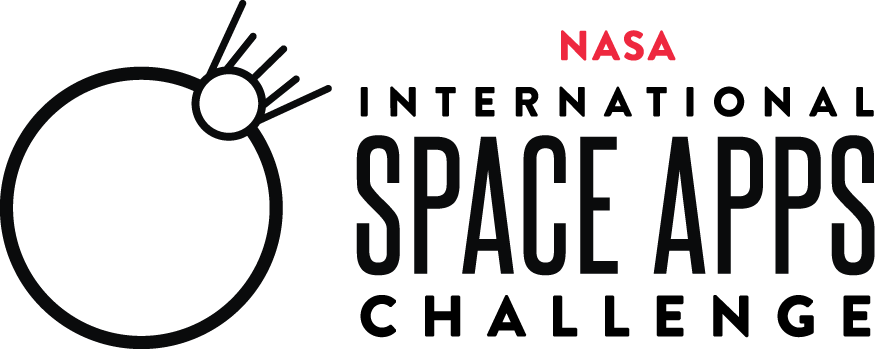By Wayne Smith
Are you up for the challenge?
It’s time for the 10th annual NASA International Space Apps Challenge, a global hackathon and challenge that encourages participants to use the agency’s open data to solve real-world problems on Earth and in space.
The 2021 all-virtual event is taking place on Oct. 2-3 and carries the theme, “The Power of Ten.” NASA is commemorating 10 years of collaboration and problem-solving with a power team of 10 international space agencies that will work together to make Space Apps accessible to more communities worldwide.
The Power of Ten theme is also conveyed through four new and more inclusive award categories, creating a total of 10 global awards. Once travel is deemed safe, winning teams will receive an invitation to the Winners Trip, which could potentially include viewing a spacecraft launch at a NASA facility.
“The Space Apps Challenge is important because it inspires collaboration, creativity, and critical thinking to problem-solvers across the world, allowing them to come up with solutions to real problems using NASA’s free and open data,” said Sandra Cauffman, deputy director of NASA’s Earth Science Division.
Alabama A&M University in Huntsville will serve as regional host for the 2021 challenge in coordination with NASA’s Marshall Space Flight Center.
More than 2,300 projects were submitted during last year’s challenge, spanning 3,831 teams and nearly 150 countries and territories.
“The 2020 NASA Space Apps Challenge was Alabama A&M’s first chance to serve as the host, where we gave out over $5,000 in cash prizes and over $1,000 in tech gadgets as door prizes and rewards,” said Ed Pearson, organizing committee chair at Alabama A&M. “Again, we are excited to serve as this year’s host and hope to surpass our prize giveaways from last year.”
The Space Apps Challenge is an international hackathon and challenge for coders, scientists, designers, storytellers, makers, builders, technologists, and others in cities around the world, where teams engage NASA’s free and open data to explore solutions to problems on Earth, the Moon, and beyond.
For one weekend each year, participants from around the world come together over a 48-hour period to solve challenges submitted by NASA personnel. Once the challenge ends, space agency experts judge project submissions and select award winners.
Using NASA data to solve each year’s challenges, Space Apps’ teams learn about the missions and research of NASA and the 2021 Space Apps partners. For this special 10th year, partner space agencies have also submitted open data that participants can incorporate into their solutions.
Space Apps inspires collaboration, creativity, and critical thinking. NASA’s goal with the challenge is to leverage this interest to encourage the growth and diversity of the next generation of scientists, engineers, and explorers.
The virtual challenge launches at 9 a.m. Oct. 2 and closes at 11:59 p.m. Oct. 3. Registration for the Huntsville event is still open. From protecting natural resources on Earth to designing hardware or a game about human spaceflight to Mars, the challenges offer something for everyone.
This year Space Apps is offering a record 28 challenges for participants. Last year, more than 26,000 people from 148 countries took part in 23 challenges.
Categories for challenge awards this year include:
- Best Use of Science – The solution that makes the best and most valid use of science and/or the scientific method.
- Best Use of Data – The solution that best makes space data accessible or leverages it to a unique application.
- Best Use of Technology – The solution that exemplifies the most innovative use of technology.
- Galactic Impact – The solution with the most potential to improve life on Earth or in the universe.
- Best Mission Concept – The solution with the most plausible concept and design.
- Most Inspirational – The solution that captures our hearts.
- Best Storytelling Award – The solution that most creatively communicates the potential of open data through the art of storytelling.
- Global Connection Award – The solution that best connects people around the world through technology.
- Art & Technology Award – The solution that most effectively combines technical and creative skills.
- Local Impact Award – The solution that demonstrates the greatest potential for local impact.
Marshall engineer Dan O’Neil is a frequent contributor to the challenges and submitted three this year. He will serve as a subject matter expert for the seventh year.
O’Neil’s challenges include:
- Ontologies and Interactive Network Visualizations, which seeks the best future use of thousands of NASA datasets and show their relationships.
- Planetary Lander Video Game, a task challenging participants to create a game or 3D model simulating a landing on the Moon or Mars.
- Virtual Planetary Exploration V2.0, which strives to create interactive 3D models of equipment future space explorers might use.
“Space Apps provides me with an opportunity to share my experience by identifying resources, brainstorming with teams about technical solutions, and advising teams about how to produce a professional looking project page,” O’Neil said. “I’m enthused by the creativity of the teams that participate in the challenges I support.
“Products from these challenges will serve as examples for new ways to solve problems and presenting solutions that I’ll show to colleagues and management. I wish the best of luck to all the participants.”
Marshall employee Fredrick Michael submitted the GUI for materials science challenge, which focuses on the area of computational materials science predictive modeling.
“Computational predictive materials science and discovery is progressing by leaps and bounds,” Michael said. “What used to take a decade or more we can now do in a year or two. Drawing on worldwide talent … will only accelerate this process to the benefit of human exploration throughout the solar system.”
Marshall’s Andrew Denio started as a Space Apps participant and now regularly contributes to Space Apps as a subject-matter expert. He submitted the Near Space Near You challenge this year.
Several other Marshall representatives will support challenges, serve as subject matter experts, or assist with judging.
For more information about the 2021 NASA Space Apps Challenge, visit
https://www.spaceappschallenge.org/
To register for this year’s Space Apps Challenge, visit
https://2021.spaceappschallenge.org/auth/signup/
Janet Sudnik
NASA’s Marshall Space Flight Center
256-544-0034

